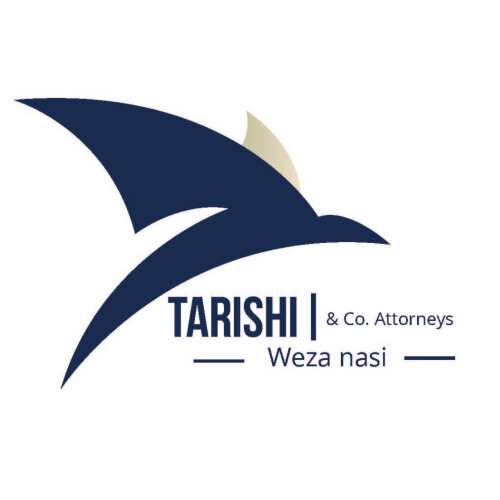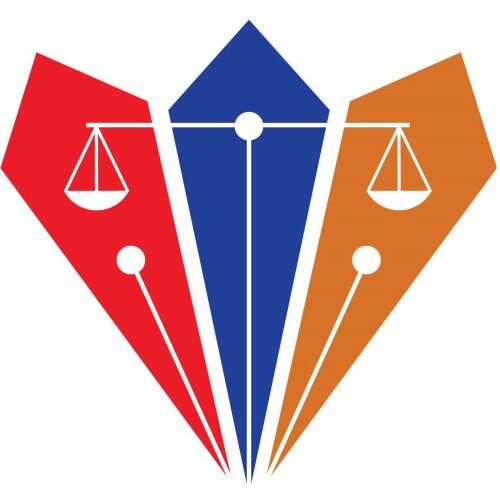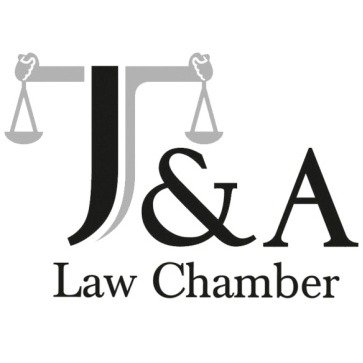Best Tax Increment Financing Lawyers in Dar es Salaam
Share your needs with us, get contacted by law firms.
Free. Takes 2 min.
List of the best lawyers in Dar es Salaam, Tanzania
About Tax Increment Financing Law in Dar es Salaam, Tanzania
Tax Increment Financing (TIF) is an economic development tool in Dar es Salaam, Tanzania, used to encourage investment within certain geographic areas. It allows municipalities to fund infrastructure and other community improvement projects by capturing the future tax benefits of the increased property values and reinvesting them back into the area. The goal is to stimulate private investment and economic growth in underdeveloped or blighted areas, ultimately leading to an increase in employment opportunities and better community services. TIF is often employed as a means to revitalize urban areas and improve the standard of living for residents.
Why You May Need a Lawyer
Seeking legal advice in the realm of Tax Increment Financing can be crucial in several scenarios:
- If you are a property owner involved in a TIF district and concerned about how it may impact your tax obligations or property value.
- If you are a developer considering a project that could benefit from TIF and need assistance navigating the legal processes and requirements.
- If you are part of a community affected by a new TIF district and wish to understand your rights and obligations.
- If there are disputes over the TIF agreements or expected benefits, a lawyer can help mediate and resolve conflicts.
- To ensure compliance with all legal, financial, and administrative requirements of a TIF agreement.
Local Laws Overview
Tax Increment Financing in Dar es Salaam is governed by both national and local laws designed to regulate its implementation and management. Key aspects of these laws include:
- Designation of TIF Districts: Areas are designated as TIF districts when they meet certain criteria such as underdevelopment or blight.
- Project Plans: Requires a comprehensive plan outlining specific projects and their goals, along with predicted costs and benefits.
- Financing Arrangements: TIF projects are typically financed through bonds, which are paid back through tax increments generated by increased property values.
- Public Participation: Ensures that affected communities are involved in the planning process and have opportunities to provide input.
- Regulatory Oversight: Oversight by government bodies to ensure transparency, accountability, and proper implementation of TIF projects.
Frequently Asked Questions
What is the purpose of Tax Increment Financing?
The purpose of TIF is to stimulate economic development in designated areas by reinvesting the future tax revenues generated by increased property values within the district.
How does a TIF district get established in Dar es Salaam?
A TIF district is established following a proposal and approval process that involves local government assessment and designation based on specific criteria such as underdevelopment or perceived potential for economic growth.
Who benefits from a TIF agreement?
Benefits typically accrue to the community through improved infrastructure, property developers through reduced project costs, and municipalities through increased long-term tax revenues.
Are there risks involved with TIF?
Yes, risks can include project failure, insufficient growth to meet bond obligations, or disputes between stakeholders. This is why thorough planning and analysis are essential.
What is the role of the local government in TIF?
The local government plays a crucial role in approving TIF districts, overseeing project implementation, and ensuring compliance with legal requirements.
Can existing property owners oppose a TIF district?
Yes, property owners can voice their concerns during public consultations as part of the TIF district designation process.
How are TIF funds typically utilized?
TIF funds are often used for building or upgrading infrastructure, providing public services, improving facilities, and incentivizing private investment.
What happens when a TIF project fails?
If a TIF project fails, it could lead to financial deficits, reduced public trust, and the need for government intervention to manage the debt.
How long do TIF agreements typically last?
TIF agreements can vary but typically last for several years, ending when the project objectives are met or when the bonds are fully repaid.
Do TIF projects impact property taxes for local residents?
TIF projects aim to be revenue-neutral in their initial phases for existing taxpayers; however, improved area value can lead to an overall increase in property tax revenue over time.
Additional Resources
For more information or assistance regarding TIF in Dar es Salaam, consider reaching out to:
- The Ministry of Finance and Planning in Tanzania for government-issued guidelines and official statements.
- The Dar es Salaam City Council for local ordinances and support related to urban development projects.
- Legal practitioners or firms specializing in municipal finance or urban development.
- Non-governmental organizations that focus on urban development and community welfare in Tanzania.
Next Steps
If you require legal assistance in Tax Increment Financing, consider taking the following steps:
- Consult with a legal expert specializing in tax and municipal law to understand your rights and obligations.
- Engage with your local community group to gather insights and opinions from others who may be in similar situations.
- Attend public forums and discussions about TIF projects to stay informed and participate in decision-making processes.
- Review TIF agreements and related documents thoroughly to ensure clarity and comprehensive understanding before signing.
- Explore educational workshops or training sessions on municipal finance available in Dar es Salaam.
Lawzana helps you find the best lawyers and law firms in Dar es Salaam through a curated and pre-screened list of qualified legal professionals. Our platform offers rankings and detailed profiles of attorneys and law firms, allowing you to compare based on practice areas, including Tax Increment Financing, experience, and client feedback.
Each profile includes a description of the firm's areas of practice, client reviews, team members and partners, year of establishment, spoken languages, office locations, contact information, social media presence, and any published articles or resources. Most firms on our platform speak English and are experienced in both local and international legal matters.
Get a quote from top-rated law firms in Dar es Salaam, Tanzania — quickly, securely, and without unnecessary hassle.
Disclaimer:
The information provided on this page is for general informational purposes only and does not constitute legal advice. While we strive to ensure the accuracy and relevance of the content, legal information may change over time, and interpretations of the law can vary. You should always consult with a qualified legal professional for advice specific to your situation.
We disclaim all liability for actions taken or not taken based on the content of this page. If you believe any information is incorrect or outdated, please contact us, and we will review and update it where appropriate.

















